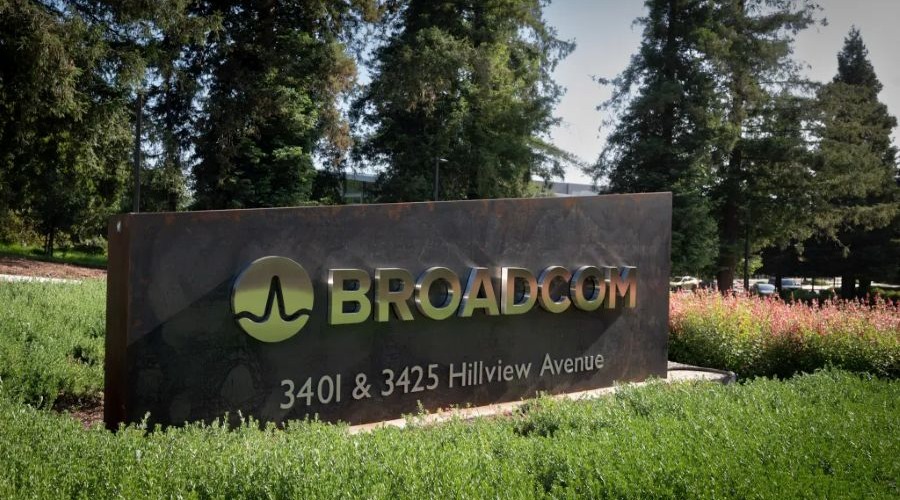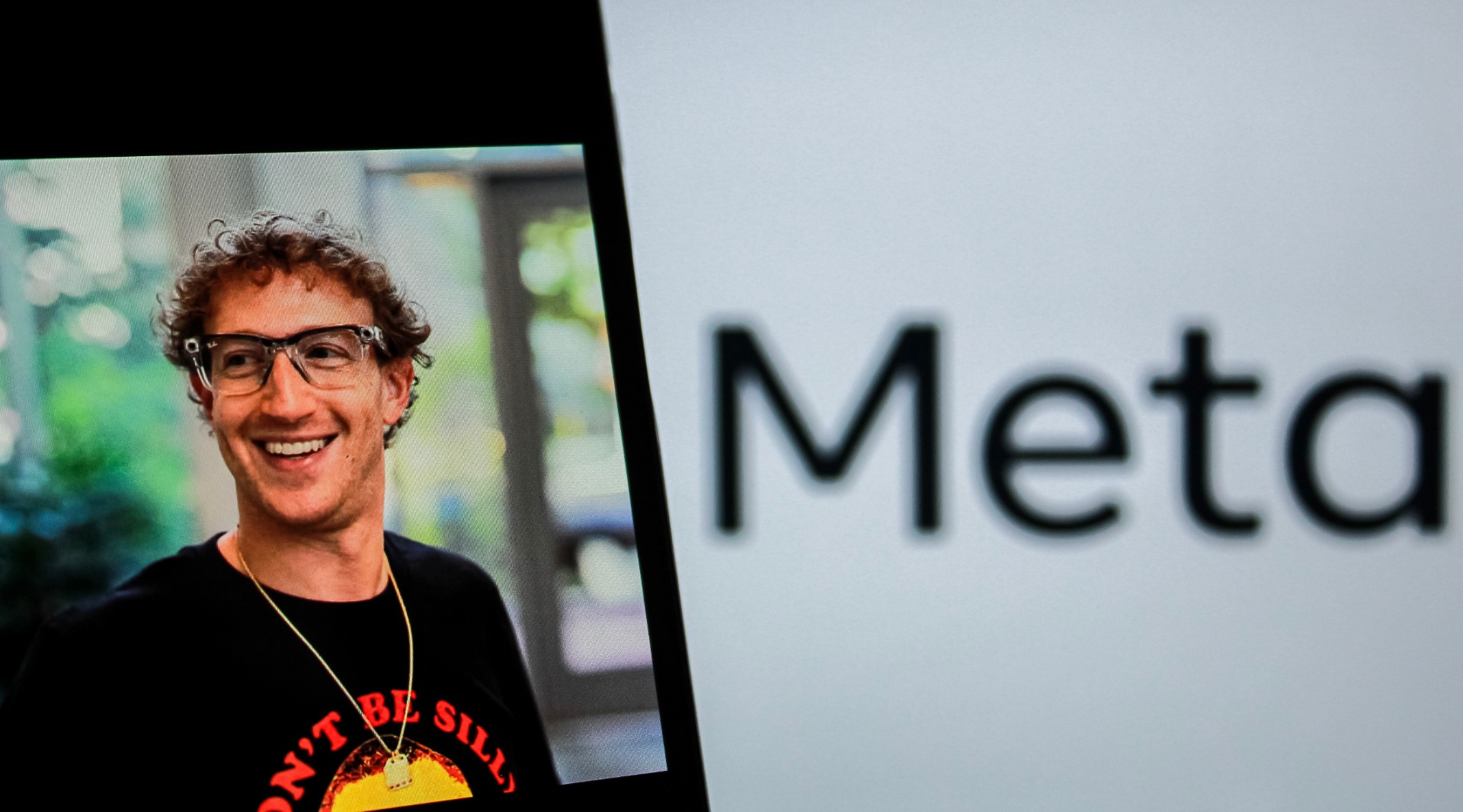In a not-so-shocking revelation, European Union officials are calling out the big players in the social media realm for not doing enough to combat online disinformation. Their main target? X (formerly known as Twitter).
X Under Fire for "Mis/Disinformation Posts"
European Commission Vice President Vera Jourova didn't mince words. She singled out X (Twitter to us normies) for having the "largest ratio of mis/disinformation posts" among platforms that submitted reports to the EU. Ouch.
But that's not all. Disinformation actors on X seem to be the cool kids on the block. They have more followers and are the newbies on the scene compared to non-disinformation users. Talk about crashing the party.
X's Questionable Commitment
To add fuel to the fire, X recently decided to ghost the voluntary code of conduct on disinformation. Yes, they ditched the voluntary commitment. This move made watchdog groups and regulators raise an eyebrow or two. X? No response to the critique.
The EU receives reports from various big shots in the social media world, including Google, Meta (formerly known as Facebook), Microsoft, and TikTok. These reports claim they're making efforts to stick to the code.
Here's the catch: Following this voluntary code plays a role in deciding if a platform is overall compliant with the European Digital Services Act. This act means serious business and massive fines for violations.
Big Names, Big Claims
Google showed off by blocking over 31 million euros in advertising revenue to EU-based accounts spreading disinformation. TikTok flexed its muscles, removing more than 140,000 videos with a billion views that violated its misinformation policies. Not to be outdone, Microsoft said they thwarted 6.7 million fake accounts from landing on LinkedIn.
Google's subsidiary, YouTube, did some spring cleaning too, wiping out hundreds of channels linked to the Russia-backed disinformation group known as the Internet Research Agency.
But Wait, There's More
Vera Jourova isn't letting these giants off the hook that easily. She's expecting more effort and better results. Russian propaganda and disinformation still lurk on these platforms, according to the EU.
Time for the social media platforms, whatever they’re calling themselves these days, to step up.
X (Twitter), it seems, is a never-ending source of concern, or entertainment, depending on your take. From Elon Musk’s Tweets impacting the crypto market, to borrowed billions and a struggling rocket, the platform is certainly worth a watch.


















